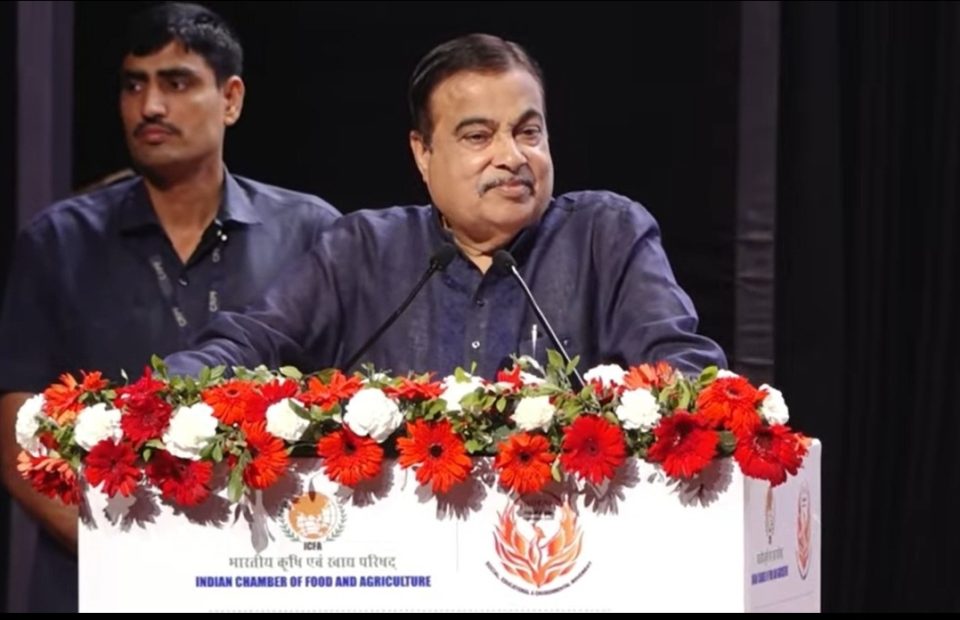In an era when customers demand both responsibility and relevance, sustainability has become a key pillar of customer experience (CX). At the heart of this shift lies the intersection of environmental stewardship and people-focused innovation. The recent Save the Earth Conclave 2025, hosted in New Delhi by ICFA and Phoenix Foundation, highlights how purpose-led action creates meaningful, long-term connections with customers and communities.
Held on Earth Day, the conclave was themed “Bamboo for a Resilient Future.” It brought together stakeholders from government, industry, academia, and civil society. These leaders joined forces to amplify bamboo’s role in climate action and rural transformation. Moreover, they redefined sustainability as a customer experience imperative.
From the outset, the event communicated a clear message: sustainability isn’t optional—it’s expected. Today’s citizens and customers evaluate organizations based on more than product quality. They also care deeply about how businesses and institutions contribute to planetary well-being.
Union Minister Shri Nitin Gadkari, in his keynote, captured this sentiment. He emphasized bamboo’s ability to uplift rural communities, diversify farmer incomes, and sequester carbon effectively. Such messages resonate widely, especially with younger consumers who demand eco-conscious action.
Furthermore, customer loyalty increasingly hinges on transparency and proactive environmental efforts. By advocating for bamboo, ICFA and Phoenix Foundation align their vision with these expectations. They position themselves as empathetic and forward-thinking leaders—essential traits in customer-first strategies.
4+ Crore Bamboo Mission
The event also celebrated Maharashtra’s ₹4,300 crore bamboo mission, an example of how government investment can create scalable green solutions. These initiatives, when communicated effectively, build emotional engagement and trust. They show how policy can directly improve lives, especially when driven by local and sustainable resources.
Meanwhile, Shri Suresh Prabhu, Chairman of ICFA, took a bold stance on the climate emergency. He referred to the Intergovernmental Panel on Climate Change (IPCC) findings and criticized global inaction. His call to rethink bamboo not just as a plant, but as a policy and mindset revolution, struck a chord with those who view sustainability through a human-centered lens.
Importantly, these messages are not limited to policymakers. They touch upon a broader narrative—how climate-responsive strategies enhance people’s daily experiences. When customers see a brand or institution drive ecological well-being, their perception improves. They feel heard, included, and respected.
The launch of the India Agriculture Sustainability Council and Save the Earth Forum was another major milestone. These bodies aim to drive grassroots action by collaborating with cooperatives, Farmer Producer Organizations (FPOs), and local communities. These networks are key touchpoints for India’s agrarian customers. Supporting them boosts local engagement and emotional equity.
Moreover, when sustainability plans focus on rural upliftment and job creation, they enhance the lives of real customers, not just hypothetical stakeholders. This adds an authentic, people-first dimension to CX design.
Shared Purpose
In today’s connected world, customers want to be part of the solution. Bamboo, with its fast growth and high carbon absorption, becomes more than a plant—it becomes a symbol of shared purpose. As a renewable material, it supports everything from housing and handicrafts to furniture and packaging. This supports circular economies, something customers increasingly value.
The conclave’s sessions explored exactly that. Under themes like “Institutional Partnerships for a Sustainable Future” and “Policies Driving Innovation and Investments for a Green Economy,” experts discussed how public-private cooperation can enhance social and environmental impact.
Transitioning from token gestures to integrated action, the sessions illustrated how customer-centric sustainability means creating products, services, and policies that align with ethical values. It means ensuring the last-mile customer feels the benefit—be it through better incomes, cleaner air, or smarter energy use.
Shri Bhagirath Choudhary, Union Minister of State for Agriculture and Farmers Welfare, supported the inclusion of bamboo in India’s agri-ecological policy. This idea connects the dots between government priorities and what farmers—as critical customers—truly need.
Events like this are also about storytelling. And the best CX strategies are those rooted in powerful, authentic stories. When a government or institution promotes bamboo to reverse climate change, it must narrate how this effort touches lives. Stories of farmers gaining income, women artisans earning livelihoods, or students learning to build bamboo homes—these are the stories that deepen brand and mission loyalty.

Delhi Declaration
As the event drew to a close, the Delhi Declaration on Global Climate Action and Sustainability was unveiled. This bold call for global alignment underscored the urgency of collective movement. And yet, it also reflected the human essence of customer experience—listening, responding, and acting with empathy.
Ultimately, the Save the Earth Conclave 2025 was not just about environmental strategy. It was a vivid example of how sustainability strengthens trust, loyalty, and human connection—the cornerstones of impactful CX.
Organizations must now ask themselves: Are we building experiences that heal, empower, and inspire? If not, we risk becoming irrelevant. But if yes, we’ll create a future where people and the planet both win.
By placing bamboo at the center of the conversation, ICFA and Phoenix Foundation have laid down a blueprint. Not just for greener economies, but also for customer experiences that matter—deeply, lastingly, and globally.

